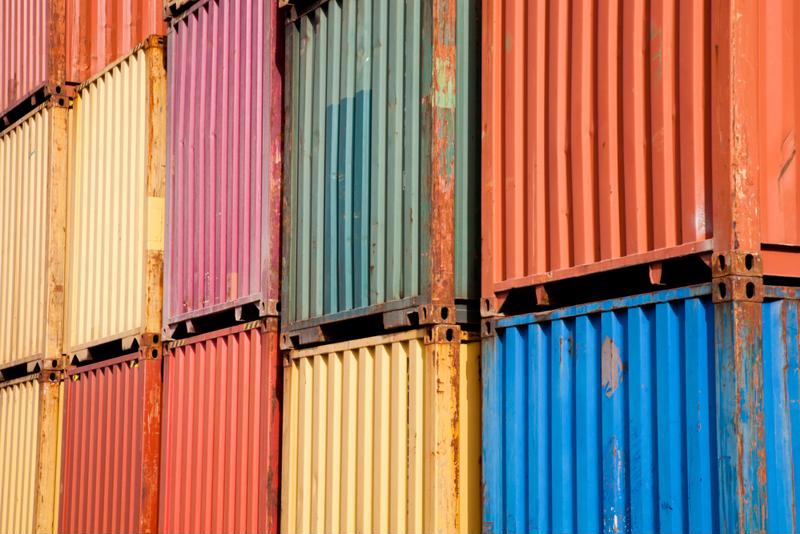With issues surrounding the COVID-19 virus - better known as the coronavirus - still lingering, concerns the disease will have a potentially massive negative impact on global supply chains persist. Many parts of China's industries remain well below operational capacity, and outbreaks are now cropping up elsewhere around the world, so this is a potentially big issue, and many companies in the supply chain are putting contingency plans into effect.
Often, those plans can - and should - start on the ground level, with the employees who actually do the work that companies require each day, according to the Harvard Business Review. It's absolutely critical to make sure that everyone under your roof is fully healthy, and if they believe they have the virus - or have even been in contact with someone who does - should be encouraged to stay home.

Likewise, it's important to keep a close eye on the local news and watch for any developments around the virus, the report said. Certainly, not all areas of the U.S. or the world are known to be affected right now, but being able to react quickly and decisively when such scenarios arise in your company's region is a must. Efficiency matters in business, but it's better to be cautious about a potentially serious illness than to let people or the operation as a whole try to "power through."
Things are changing quickly
The story of the coronavirus is rapidly evolving, but trade experts say that, at least to some extent, things in the supply chain are creeping back toward normalcy, according to CNBC. Matt Shay, CEO of the National Retail Federation, told the network that the worst of the disruptions in China are likely over, and retail sales in the U.S. are still projected to rise by as much as 4.1% this year even with the virus's impact at the end of 2019 and start of 2020.
"A number of the larger companies have started to indicate that the signs that they're getting from the Chinese market is some of the production is coming back online," Shay said. "I think there's a question of how long is that tail that works through the system to get those companies back to full strength and really producing goods at the rate they need them."
Not out of the woods
However, officials in Asia warn there could be a "second wave" of problems spreading not just out of China, but also from South Korea and Japan as well, according to the South China Morning Post. Combined, these nations account for nearly one quarter of the entire global economy. Right now, the hardest-hit sectors hit hardest globally are related to electronics and automotive manufacturing, but it's still difficult to know the extent of the disruption.
Certainly, decision-makers at every step of the supply chain have to be ready to make critical calls quickly and effectively to ensure they are ready to react to any coronavirus-related issues that arise in the weeks and months ahead.


Post A Comment:
0 comments so far,add yours